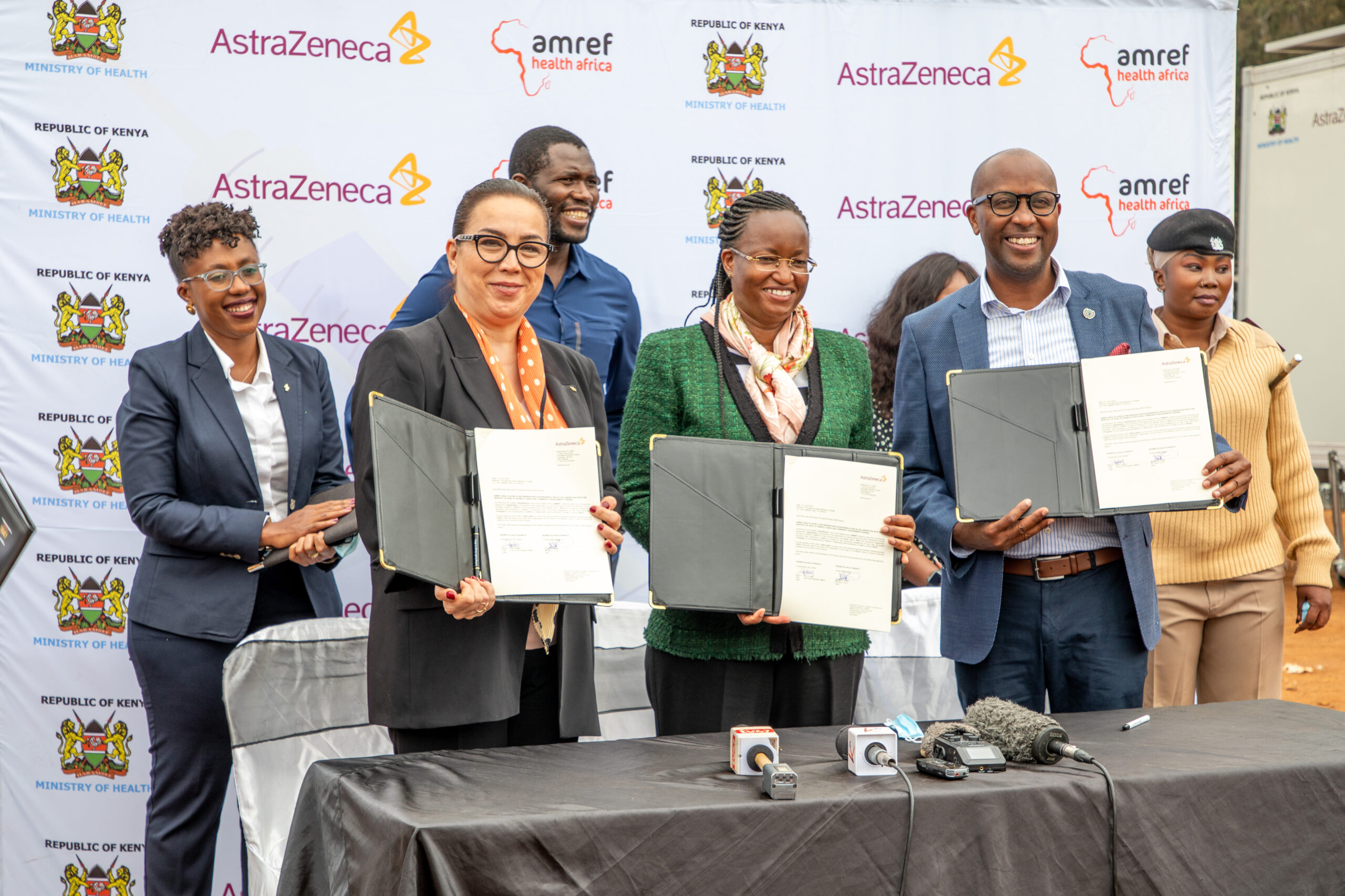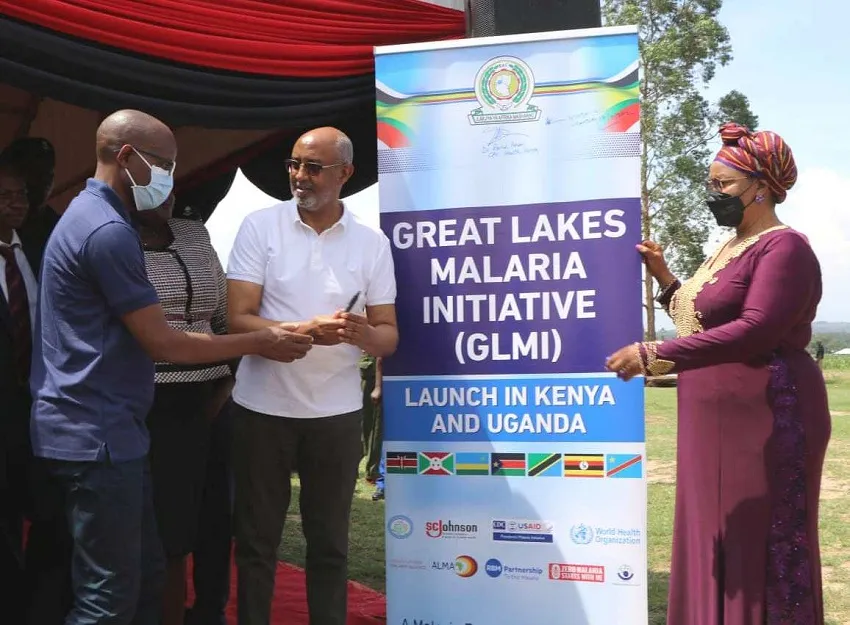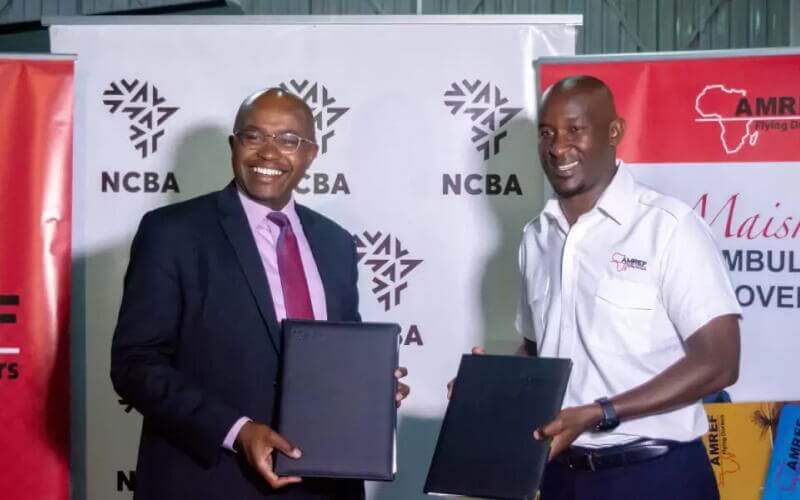Choosing between buying food or mask: Margaret Story
Monday, 11 May, 2020


It is difficult to live in one of the largest slums in Africa. It is even tougher to live with an existing Coronavirus pandemic in an informal settlement.
On March 13, the Government confirmed the first case of Coronavirus in Kenya, which was a turning point for many families. Margaret Achuongo, a 26-year-old mother of four and a resident of Soweto in Kibera slum in Kenya has seen the firsthand effects of living while protecting themselves from getting the highly contagious disease.
Since the Coronavirus pandemic, Margaret and her family have had to drastically adjust their lives. As a small food vendor, she explains that people don’t buy her food anymore because they are wary of the virus and also, the stringent measures being undertaken to avert the spread of the virus by imposing restrictions of movement doesn’t help either.
“I understand the Coronavirus is here with us. With the lockdown, we have to close our business very early. My husband is a welder and his work has also been greatly affected. With the closedown of schools, our children at home look up to us. It is difficult!”
She would like each member of her family to have a mask but the cost is a factor.
“Sometimes, I have only KES 50 ($0.5) and I do not have food. I choose to buy vegetables than a mask,” she says.
Amidst all these hurdles, every day, Margaret ensures that her family adheres to washing hands with soap and water.
“I have no option! I have to protect my family and to kill the virus, I ensure my family wash their hands frequently and thoroughly using soap and water,” she confirms.
Still, to many families living in Kibera, clean water is a luxury as getting clean, and safe water remains a struggle. Many times, they resort to unsafe water.
Additionally, the World Health Organisation (WHO) recommends 1 metre (3 feet) distance between yourself and anyone who is coughing or sneezing. Considering that Margaret lives with her family of four in a small room, it is nearly impossible to practice the recommended measures of social distancing or self-isolation when one of the family members has the symptoms.
However, there is a glimmer of hope. Amref Kibera Health Centre is a place that Margaret gets all her services and education on how to prevent the spread and infection by the virus.
“In this hospital, I have received a lot of useful information about Coronavirus. Before you enter the hospital premises, you are required to wash your hands with soap and water,” she said during her son’s check-up at the hospital while waiting patiently at the triage area.
“We are also advised by the community health workers to use a sanitiser in the absence of soap and water.”
Even during the pandemic, Margaret has ensured that her two-month-old baby, Gael Gayo, does not miss any vaccines.
“My baby is very healthy! I have always loved this hospital and I have given birth to all my children here,” confirms Margaret. “They really take good care of patients,” she adds.
Despite facing challenges, Margaret remains hopeful. “I know that if we adhere to what we have been told by the health workers, we will be safe,” she says.
For Margaret and her family, their only plea is to be given free masks by the hospitals.
Article by:
Maureen Cherongis
Media and External Relations Officer
Amref Health Africa







